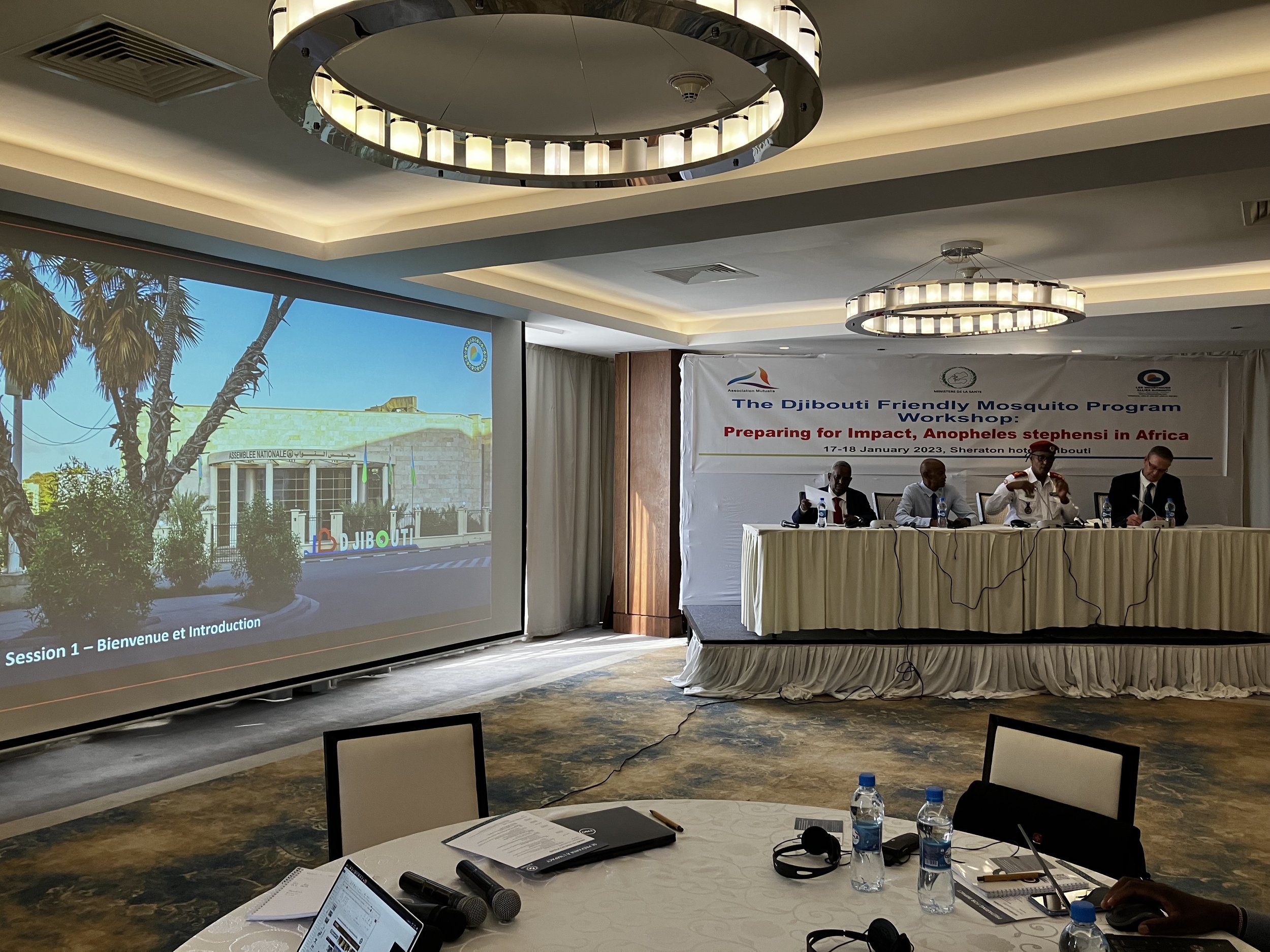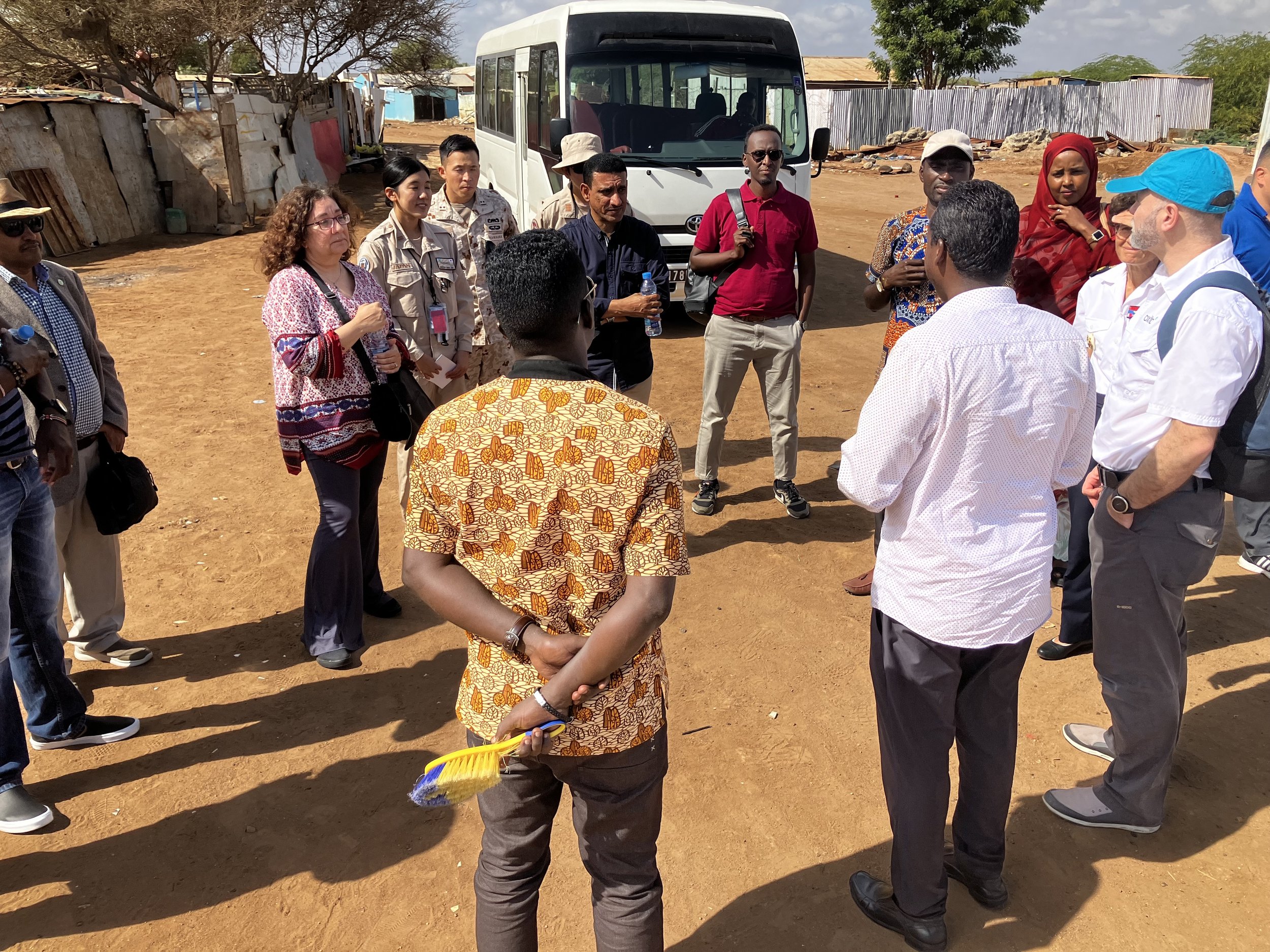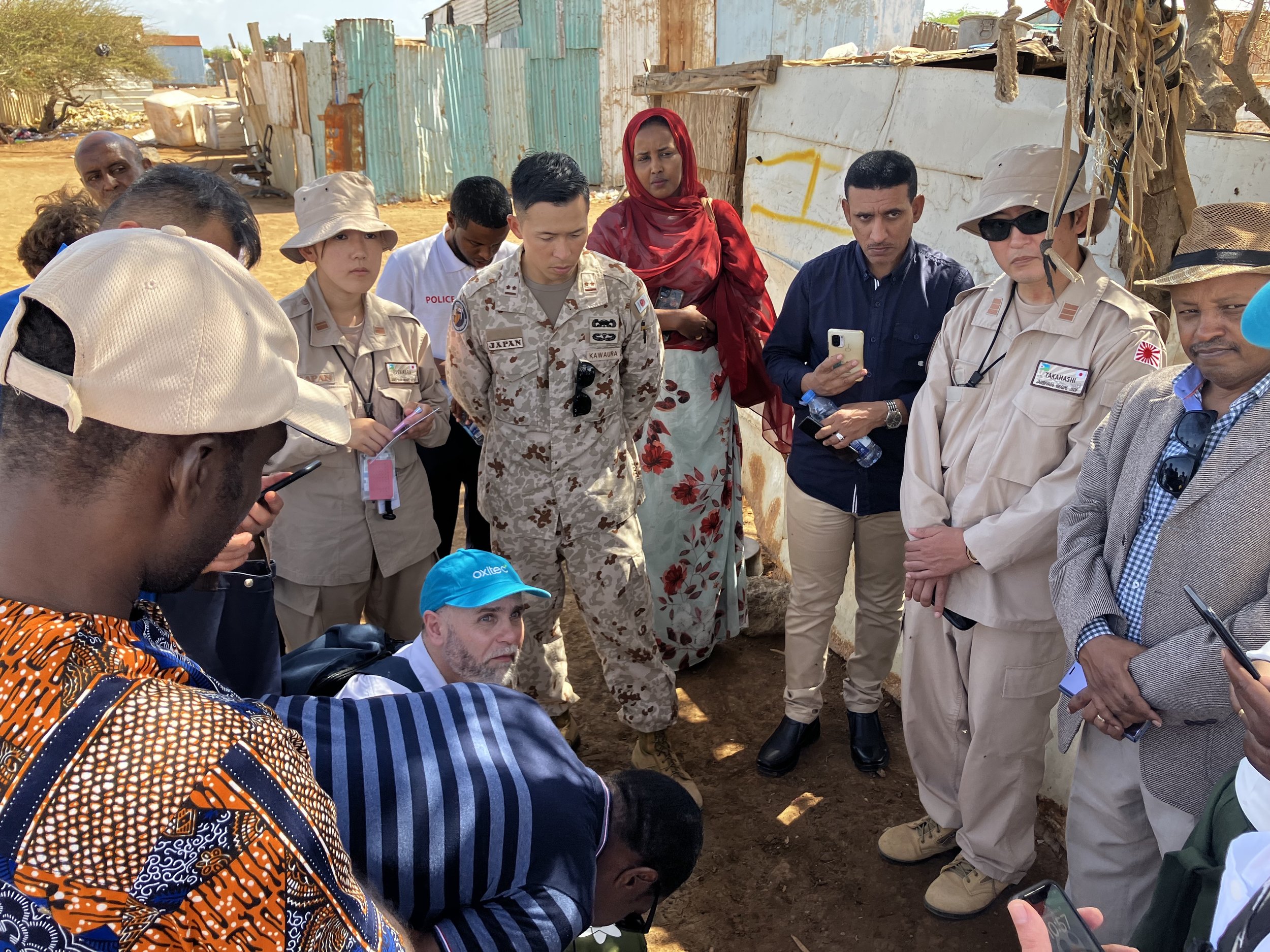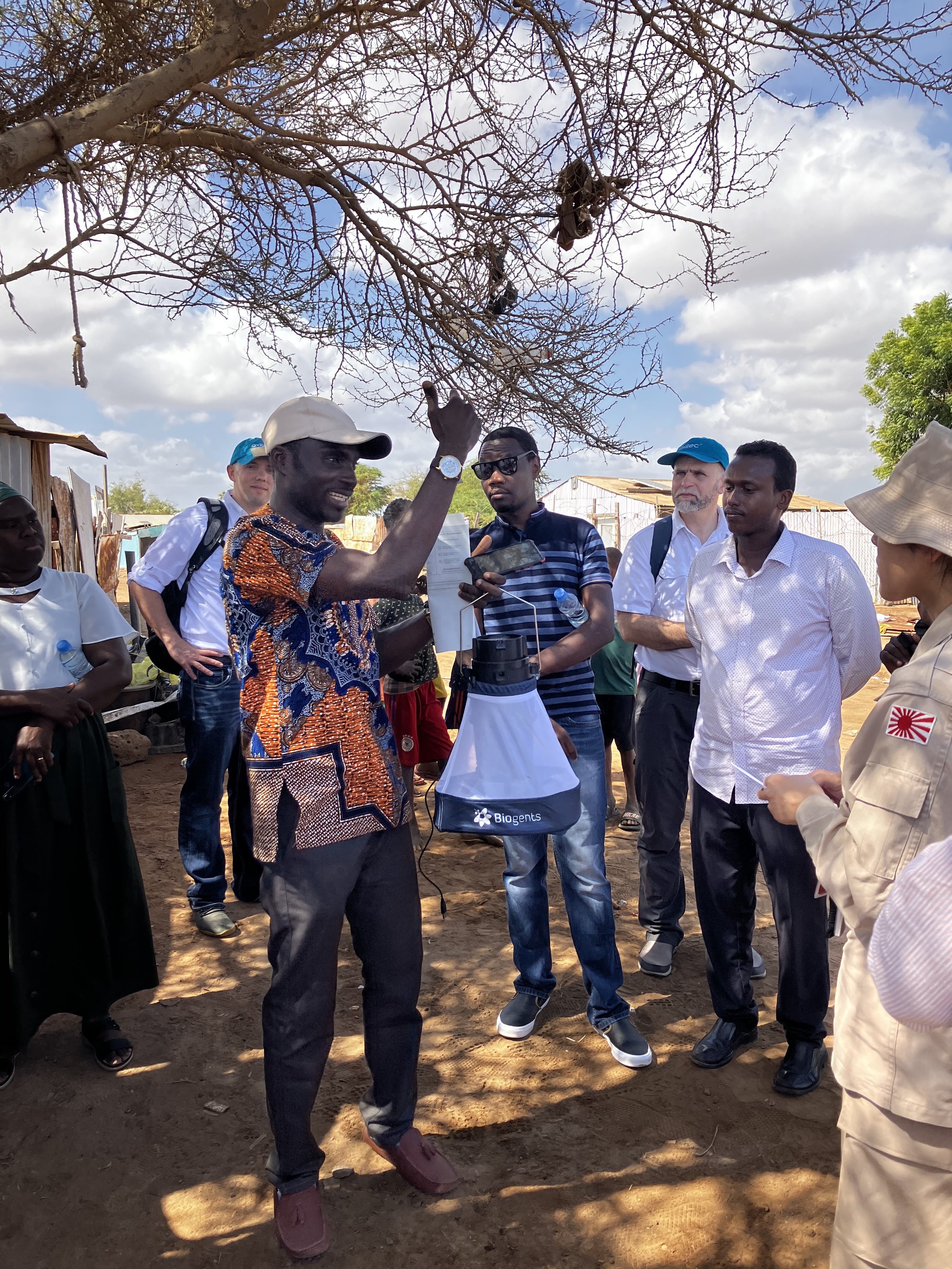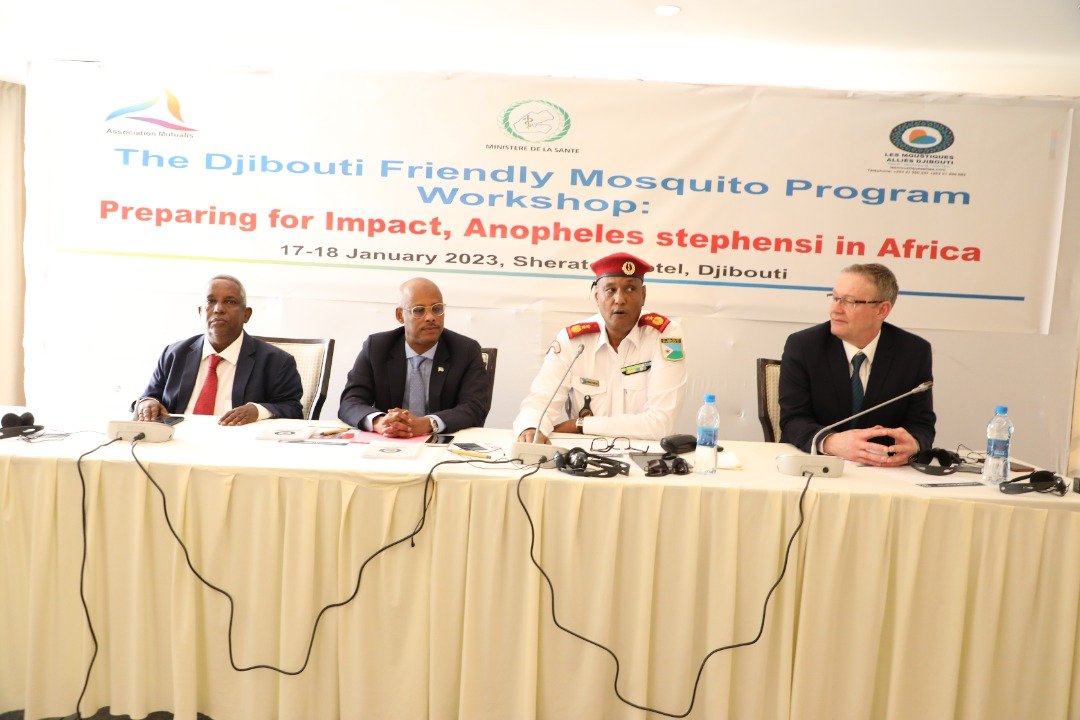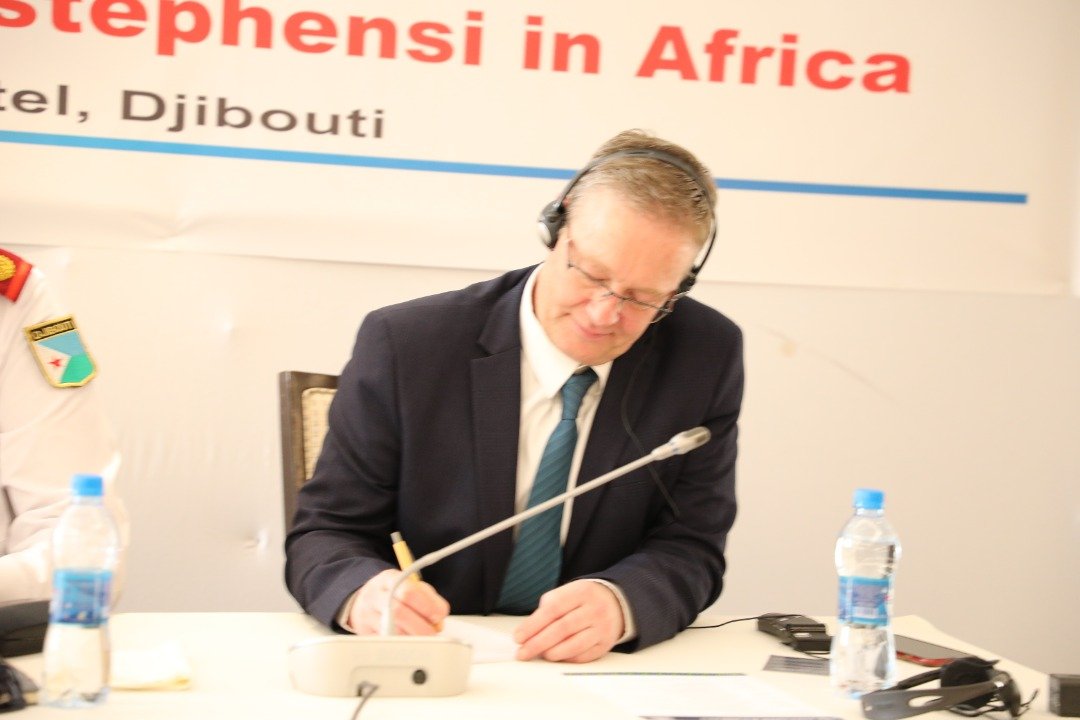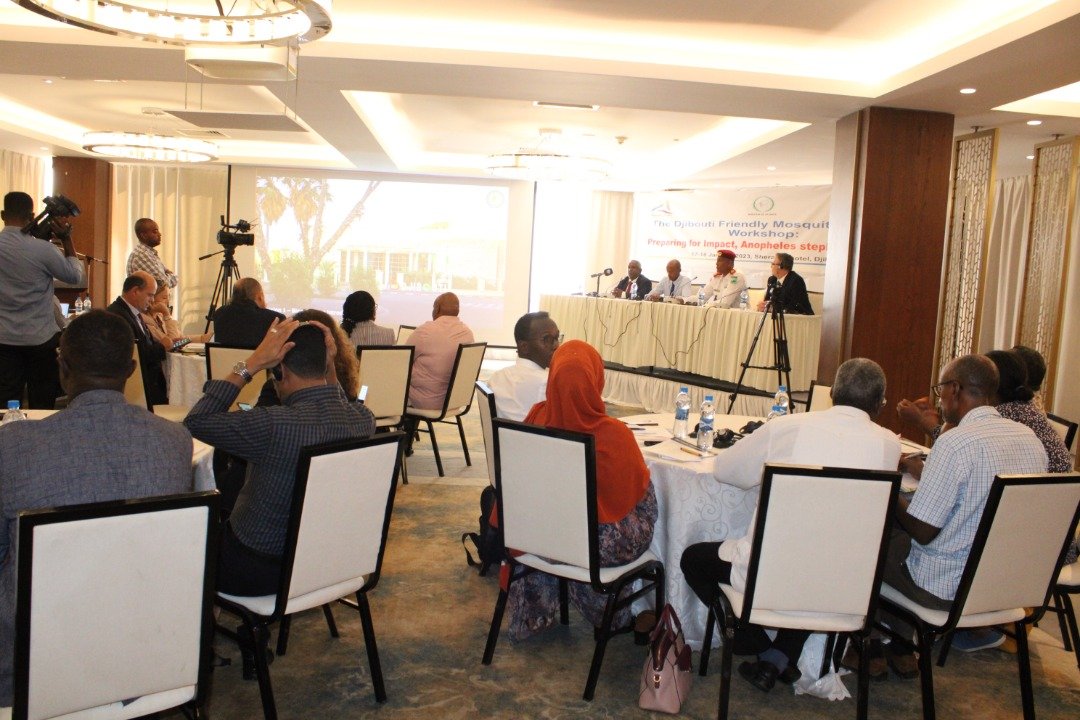The Djibouti Friendly™ Mosquito Program Hosts First Stakeholder Workshop to Seek Input and Share Perspectives on the Fight Against Urban Malaria
This week the Djibouti Friendly™ Mosquito Program – a partnership between the Government of Djibouti, the public health non-profit Association Mutualis, and Oxitec - hosted the first workshop in Djibouti as a forum for a broad range of local, regional and global stakeholders, to share more about the program’s aims, solicit local input and guidance, and to hear from a range of regional and international experts about their experiences with malaria-spreading mosquitoes.
The Djibouti Friendly™ Mosquito Program has been working in Djiboutian communities for more than a year, studying the distribution and abundance of the invasive malaria vector, Anopheles stephensi, which has caused a massive increase in urban malaria cases over the past decade. Oxitec is developing a Friendly™ Anopheles stephensi solution to combat this urban malaria threat, which is now spreading across the African continent.
The workshop, held on 17 and 18 January, welcomed the contributions of Djibouti’s Minister of Health, officials from other government ministries, leading national mosquito experts and health professionals, regional experts, and invited attendees from the World Health Organisation and other international groups. Speakers presented information about the rising urban malaria threat in Djibouti, the Friendly™ mosquito solutions currently being deployed and in development in other countries, and the plans of the Djibouti Friendly™ Mosquito Program to conduct further field ecology studies on the path to future pilots of a Friendly™ Anopheles stephensi.
The program received excellent support from the diverse stakeholder group during the workshop, and we’re just getting started. Additional public and community-level engagement, educational forums, technical seminars, information sessions, and additional listening sessions will be carried out as the program advances, including with vulnerable, nomadic, and refugee communities in the region.
Following the interactive workshop sessions, which stimulated discussion and shared perspectives, attendees were invited to visit the program’s newly commissioned laboratory facilities, and the malaria-threatened communities where the program’s team of scientists has been conducting Anopheles stephensi field monitoring. We’re grateful to all the workshop attendees for their valued contributions in this immensely constructive and positive workshop. The Djibouti Friendly™ Mosquito Program team appreciates our wide range of supporters and stakeholders, and looks forward to continuing these valuable and inclusive conversations over the coming months.
To learn more about the Djibouti Friendly™ Mosquito Program click here.

